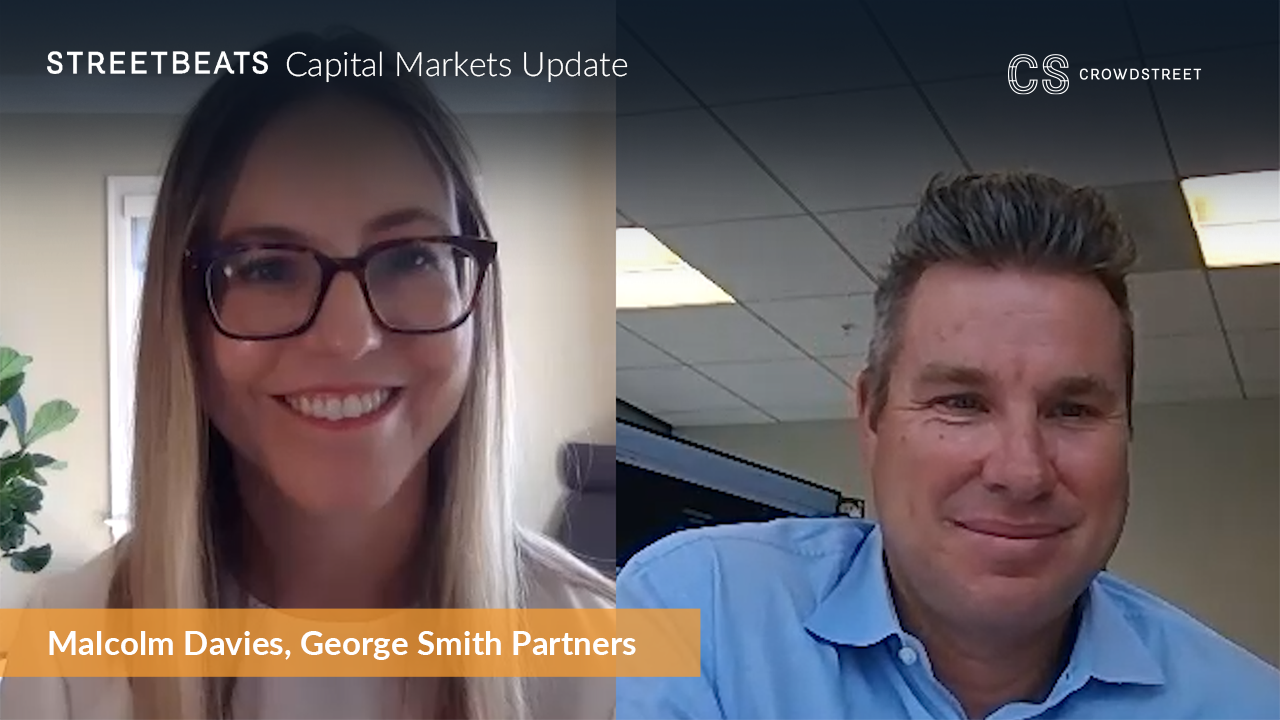
Crowd Street's Anna-Marie Allander Lieb is joined by Malcolm Davies, Principal and Managing Director at George Smith Partners to discuss recent consumer spending, the rise in occupancy rates, and how lenders are considering recourse loans before doing a deal.